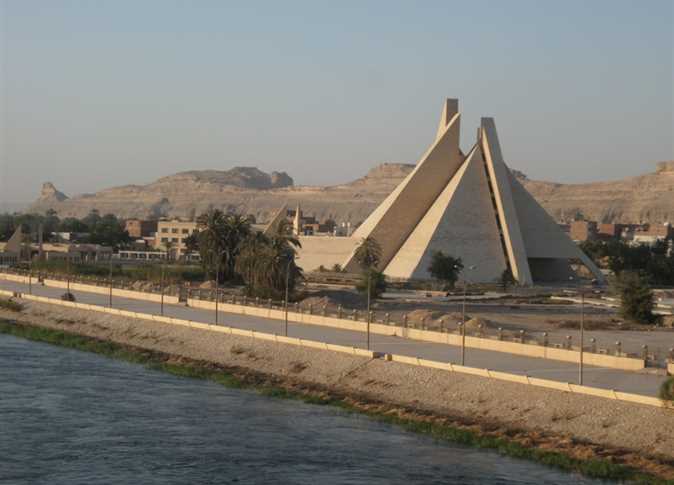Prominent Muslim Brotherhood member Ahmed Abu Baraka criticized liberal forces opposing the nomination of Khairat al-Shater on Sunday.
During an interview with the privately owned TV channel Sada al-Balad, Abu Baraka said liberal groups lack popular legitimacy and that they are loud voices that do nothing except attack Islamists.
“They are a vocal phenomenon,” he said, referring to liberals.
The term “vocal phenomenon” entered the Arab world’s vocabulary after prominent Saudi scholar Abdullah al-Qasimi published a popular book entitled “Arabs are a Vocal Phenomenon,” in which he argued that Arabs speak rather than take action.
The phrase, however, is originally attributed to Moshe Dayan, a former Israeli defense minister.
Abu Baraka’s remarks came in response to criticisms raised by many political forces in the country denouncing the Brotherhood’s decisions to field a candidate in the presidential race.
Emerging as the most powerful political force in the country following the removal of the former President Hosni Mubarak, the long-outlawed Brotherhood now controls about half of the seats in Parliament. They also dominate a committee tasked with writing a new constitution, in addition to dominating the leadership of the country’s powerful professional syndicates.
The group previously pledged that one of its members would not run for the country’s most influential political post.
“I announced around 62 times since 11 February 2011 that the Brotherhood will not field candidates for presidency, before the official announcement of nominating Shater,” Abu Baraka said in the TV program.
However, he explained that several variables in the post-uprising political environment in Egypt pushed the Brotherhood to nominate Shater. Abu Baraka said a supra-constitutional document, authored by former Deputy Prime Minister Ali al-Selmy, was one factor in the Brotherhood’s decision.
The constitutional principles document, proposed to political parties in March of last year, stirred controversy over the powers it granted the military. It was later tossed aside, after not making it past the FJP.
In addition, Abu Baraka said the ruling military council’s continuous support of Kamal al-Ganzouri’s cabinet and the cabinet’s refusal to coordinate with Parliament were also factors. Ganzouri and his ministers’ failure to meet the needs of the people, he added, was the straw that broke the camel’s back.
Egypt is divided between elite and regular people, Abu Baraka also said on the program. The elite, he said, have attacked the Brotherhood’s decision to nominate Shater as they have also attacked the group at every previous opportunity.
But the regular people will have the final word, he said, pointing to the People’s Assembly and Shura Council elections.
Abu Baraka said the decision to nominate Shater was the result of several factors which caused concern for the country’s direction. In fielding a candidate, he said, the group was placing the nation’s interests ahead of those of the group.
The parliamentary blocs of both the Salafi-oriented Nour Party and Freedom and Justice Party approved Shater’s nomination, he added, saying Salafi voters will not be obliged to choose him.




